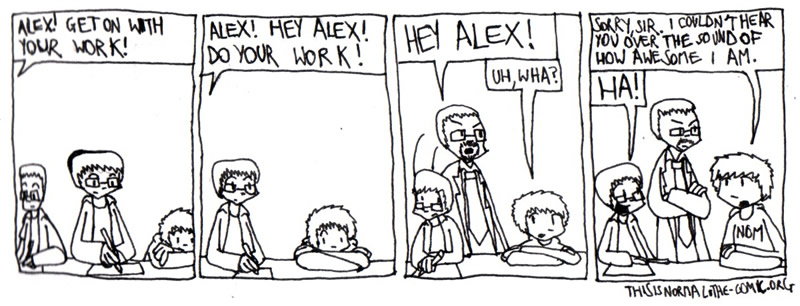

Treating hypnagogic hallucinations requires treating any underlying conditions that may be the cause.

How are hypnagogic hallucinations treated?

If you need help finding a sleep medicine specialist, then check out our FindCare tool here. This test can reveal whether your hallucinations are related to narcolepsy. This test measures how quickly you fall asleep during the day and what kind of sleep you have when you nap. The specialist may ask you to do a daytime nap study ( multiple sleep latency test) if you’re very sleepy during the day. This kind of study can uncover whether your hypnagogic hallucinations are related to any other type of sleep disorder. It also records how your arms and legs move. The sleep specialist may also recommend a sleep study ( polysomnogram) if your hallucinations are intensely disturbing to your sleep.Ī sleep study involves attaching wires and equipment to your head and body to chart your brain waves, heartbeat, and breathing as you sleep.
#Auditory hallucinations before sleep how to
This insight may help them better diagnose your condition and figure out how to correct it. This helps the specialist gain insight into your sleeping patterns. The sleep specialist may ask you to bring home a sleep diary for two weeks. Remember to tell them about any past or present drug or medication use. Do you have any other sleep problems, such as insomnia?īesides inquiring about your sleep, a sleep specialist will also ask you about your medical and psychiatric history.How often do your hallucinations occur?.If you seek help from a sleep specialist, they will begin your appointment by asking you questions such as: If your hallucinations are accompanied by unusual sleepiness during the day, you should seek a specialist’s help right away, as you might have narcolepsy. However, you should considering seeing a sleep specialist if these hallucinations cause you anxiety or disrupt you frequently during your sleep. Hypnagogic hallucinations are harmless in most cases. So, it’s important to seek treatment if your hallucinations are severe. People may also cause themselves harm if they have a hallucination that bugs are crawling on them. In cases of severe hypnagogic hallucinations, people have been known to jump out of bed and accidentally injure themselves. Can hypnagogic hallucinations cause complications? In reality, it was these two conditions working together. This condition may cause even more fear, as the physical immobility - often difficulty breathing and muscle tightness - can make a person feel as though they’re frozen in place.Īs a result, a person may remember a sleep paralysis and hallucination episode as a dream where they were frozen in place or unable to move. Sleep paralysis is a state of sleep where a person is physically immobile but mentally conscious. Sleep paralysis is a separate condition from hypnagogic hallucinations. Lucid dreams are very realistic dreams that occur when a person is asleep. Hypnagogic hallucinations are different from other sleep-related conditions - including lucid dreams and sleep paralysis - that may cause the perception of things that aren’t real. Experiencing this sensation during sleep may cause a person to scratch, pick, or even cause harm to their body in an attempt to rid it from bugs. This is most common in people who take or misuse certain drugs. This can lead a person to believe the voices are real.Īnother common type of hallucination is the vision or sensation that bugs are crawling over your body. They may involve voices, which are sometimes associated with rapid thoughts. Severe cases of anxiety may produce more complex hallucinations. Most common auditory hallucinations are simple and don’t have a real meaning or purpose. These hallucinations are more common when a person is under stress. Hallucinating is defined as perceiving the presence of an object or an event through any of the five senses (sight, smell, taste, touch, or hearing) without the actual object or event existing or occurring.Īuditory hallucinations are also common when the body is falling asleep. What are the symptoms of hypnagogic hallucinations?


 0 kommentar(er)
0 kommentar(er)
